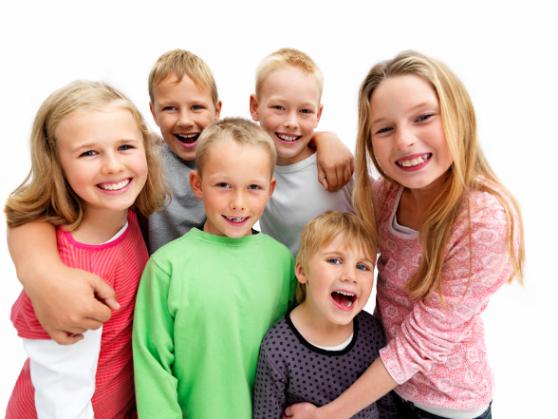
Peer support refers to the voluntary and reciprocal exchange of experiences between people in similar circumstances in life. Whenone’s child is diagnosed with hearing impairment, it’s comforting to hear or read about the experiences of other people with children the same age as yours and how they cope with everyday challenges. Parents with older children have a lot more experience and provide a glimpse of how your child might fare in the future. The sisters and brothers of deaf and hard-of-hearing children also get a lot out of meeting other hearing impaired children and their siblings. It helsp them understand that hearing impairment is just another attribute among many.
Peer support is especially important for the hearing impaired child. When the child meets other hearing impaired children and realizes other people face similar challenges and manage fine, regardess of language or level of hearing, it supports identity development and increases confidence. Organizations offer a variety of peer activities for children and youth – activities for small children are aimed at the whole family, but school-age children and older can go to camps and weekend events. Peer support plays an important role in rehabilitation and orientation courses, too.
Information about peer support services and events is available in Kuuloavain’s event calendar, as well as the pages of organizations acive in the field of hearing.




